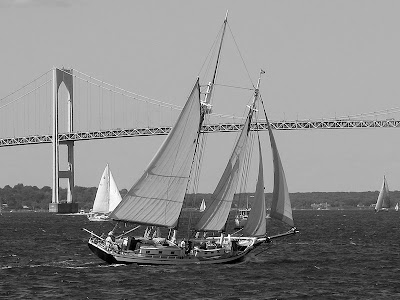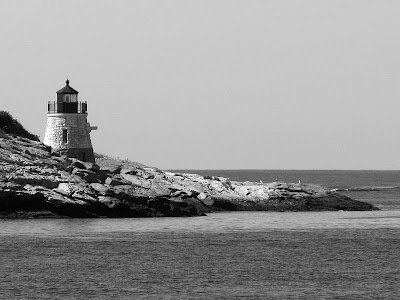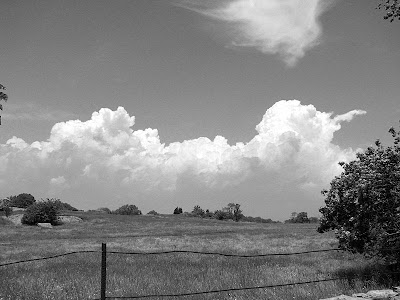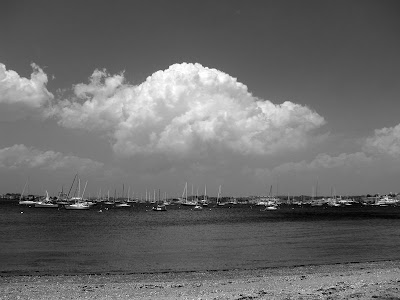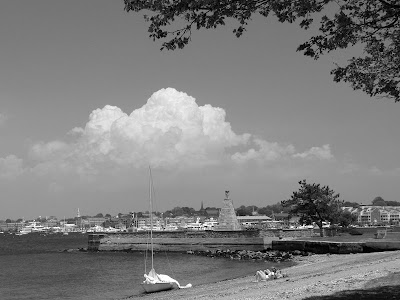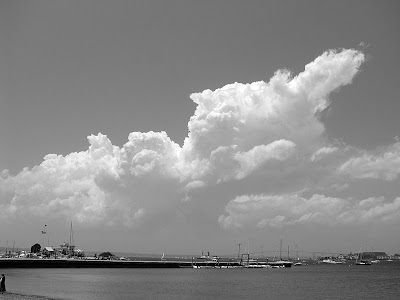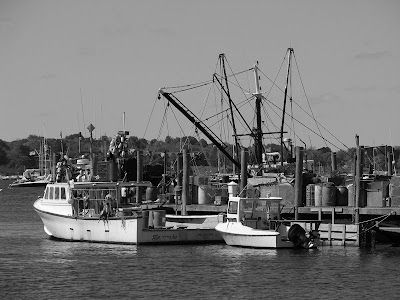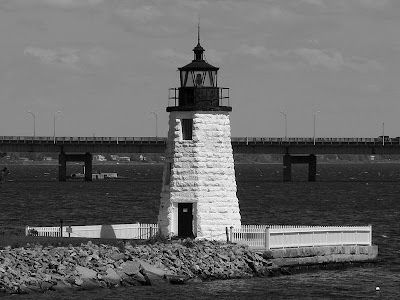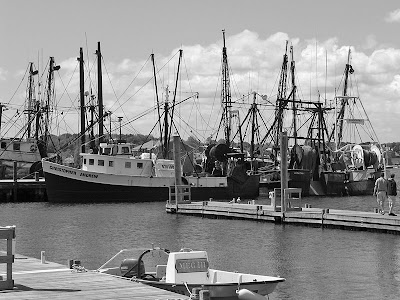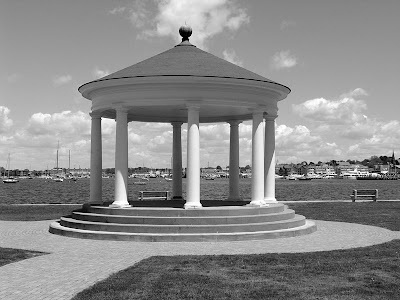Mi'ráj, "ascent", refers to the Prophet Muhammad's night journey from Mecca to Jerusalem and His ascent to Heaven, described in the Qur'án, chapter 17 verse 1. Many modern commentators believe it to be an allegorical description of an intense spiritual experience.
I
Dusk in the desert; light enough to see forms, too dark for details.
A magic time, when saguaros stand like Muslims praying the maghrib.
A symphony of sounds, harmony and counterpoint, as the dwellers in desolation awaken in the heat's slow dying.
In the shadow of boulders a spark flashes, then glows, then bursts into flame.
A man sits there - an old man, not much to look at.
Ragged clothes, worn down boots.
Indian, tribe unknown.
An owl pops out of a tall saguaro nearby.
The old man looks up, says "Grandson."
The owl bobs, says "Grandfather", and flies off.
The old man returns his gaze to the fire, to the rabbit roasting on a spit.
He sings a song, a prayer, to the rabbit, saying: "Forgive me, brother, but I must eat."
He prays to the Spirit, in the tongue of the Spirit, which knows no words.
Night in the desert.
Complete darkness; no forms, just sounds, a fire, and an old man singing.
II
There is no Art in the city, just stark, barren utility.
Can't get a job, have to join the union first.
Good Lord! Have to have that bloody card just to play back-up for a third-rate Barry Manilow cutting his first demo.
God forbid you should write your own songs!
And for heaven's sake don't tell them you want to make your presence felt in the music world.
Don't tell them you want to experiment, point out new directions.
Nobody wants an artist, just a hack to keep 'em dancing.
Just walk the streets for now, look at the people.
Uh oh! Have you looked at the people lately?
You're in the ghetto, baby; heavy tunes!
Poor li'l honkey, with all those black folks looking at you like you just did something nasty.
Slow down, walk naturally, just smile and look pretty.
Turn down this street, then head down the next block toward downtown.
What's that?? Music!
Beautiful, moving music.
Swaying music, sweet harmony, soul syncopation.
Well, go on in, it's a church; you'll be safe there, listening to all that pretty music.
And so the music goes on, one hymn into another, glory glory hallelujah, world without end, amen.
Then the piano stops.
And the choir stops.
And the congregation stops.
And a little black man in a dark suit steps up to the pulpit.
And he looks out over that sea of black heads stilled by the silence.
And he zeroes right in on you.
And he begins to speak.
You ain't so bad off.
Oh, I know you can't find a job.
Yeah, and I know you're hungry and you got to pay that rent.
Ain't nothin new about that.
Ain't even any shame in it.
Lots of people been there before; they got through and so will you.
You might have to go a little hungrier than you want.
And you might have to go a little colder than you want to.
But you'll get through.
Now you may think you wandered into the wrong place.
You may not want to be in no city.
You may not want to be in no ghetto.
You may not even want to be in no church.
But it don't matter, 'cause that's where you are now.
Stick around and check it out.
Because, you know, this could be the turning point in your life.
It could be you're here 'cause God wants to give you a sign.
It could be that from here you're goin to go on to be what you were meant to be.
Or it could be that you're just here to find shelter from whatever demons are chasin you.
It don't matter.
Stick around and check it out.
And now you're on the verge of tears; you feel you don't belong here, but you don't want to leave.
But it's alright, because the little black man in the dark suit is looking at you and saying:
"Stay awhile; come on and sing with us."
So you stay.
And you sing.
III
After seeing her husband off, after that long morning of chores and errands, she rests.
She sits down by the crib, gazing in at the sleeping baby.
What are you dreaming, little one?
What is it you've seen today, or yesterday, or any day, that reflects itself in your sleep?
Or do you still dream of that floating darkness in which you lived for so long, only to be pushed reluctantly into a new world of bright light and noise?
Do you know what a wonder you are?
Such a small thing, yet so complex.
Miles and miles of nerves, blood vessels, and organs; such a complicated system in such a small box.
And to think that you grew from one tiny cell!
I think I remember the night you began, that act of love between your father and I.
And I remember carrying you those nine months, sharing with you everything I had, everything I was, and everything I felt, and saw, and heard, and smelled, and tasted.
Did you feel them too, and see, and hear, and smell, and taste?
Did you feel your own growth, as I felt it?
Did you know when you kicked, or reached out, there in my womb?
Did you feel my heartbeat and hear my thoughts?
And did you know when it was your time to be born, and feel my pain and my joy?
Such a wonder you are!
- © A. Roy Hilbinger, December, 1981 - January, 1983










